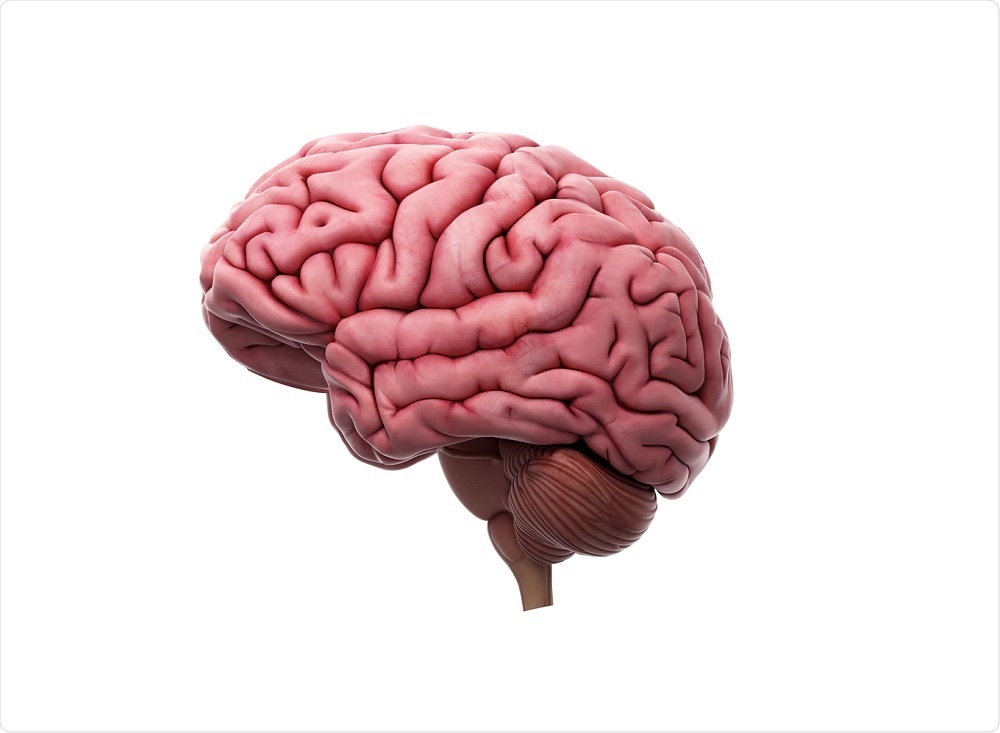By focusing on the epigenetic changes that influence gene expression, scientists at the University of Buffalo have managed to reduce memory loss and improve cognitive function in a mouse model of Alzheimer’s disease.
 Sebastian Kaulitzki | Shutterstock
Sebastian Kaulitzki | Shutterstock
In this paper, we have not only identified the epigenetic factors that contribute to the memory loss, we also found ways to temporarily reverse them in an animal model of AD.”
Zhen Yan, Senior Author
For the study, the team studied mice with gene mutations for familial Alzheimer’s and analyzed post-mortem brain tissues from people who had the disease.
One main reason for the cognitive decline seen in the late stages of Alzheimer’s is the loss of glutamate receptors, which are essential for short-term memory and learning.
"We found that in Alzheimer's disease, many subunits of glutamate receptors in the frontal cortex are downregulated, disrupting the excitatory signals, which impairs working memory," says Yan.
The study showed that, in both animals and the brain tissue samples, the loss of these receptors was due to an increase in a process called repressive histone modification.
Histone modifiers alter the structure of chromatin, explains Yan, which influences how DNA gains access to the machinery involved in transcription.
"This AD-linked abnormal histone modification is what represses gene expression, diminishing glutamate receptors, which leads to loss of synaptic function and memory deficits."
Understanding the significance of this modification has helped the team identify potential drug targets because the process is controlled by enzymes.
Our study not only reveals the correlation between epigenetic changes and AD, we also found we can correct the cognitive dysfunction by targeting the epigenetic enzymes to restore glutamate receptors."
Zhen Yan, Senior Author
After injecting the mice three times with inhibitors of the enzyme that catalyzes repressive histone modification, Yan and team observed the rescue of cognitive function, as confirmed by tests of recognition memory, spatial memory, and working memory.
“We were quite surprised to see such dramatic cognitive improvement. At the same time, we saw the recovery of glutamate receptor expression and function in the frontal cortex."
The improvements in cognitive function lasted for one week. Yan and team now plan to concentrate on developing enzyme inhibitors that are better at penetrating the brain, which would make the compounds effective for a longer period.